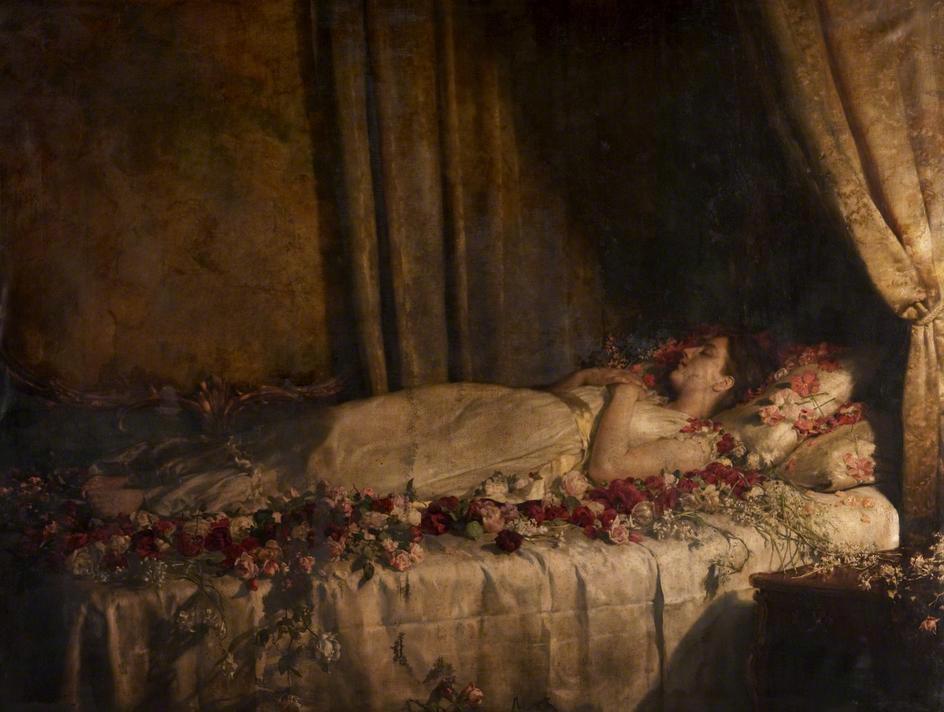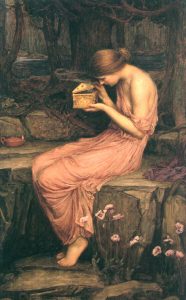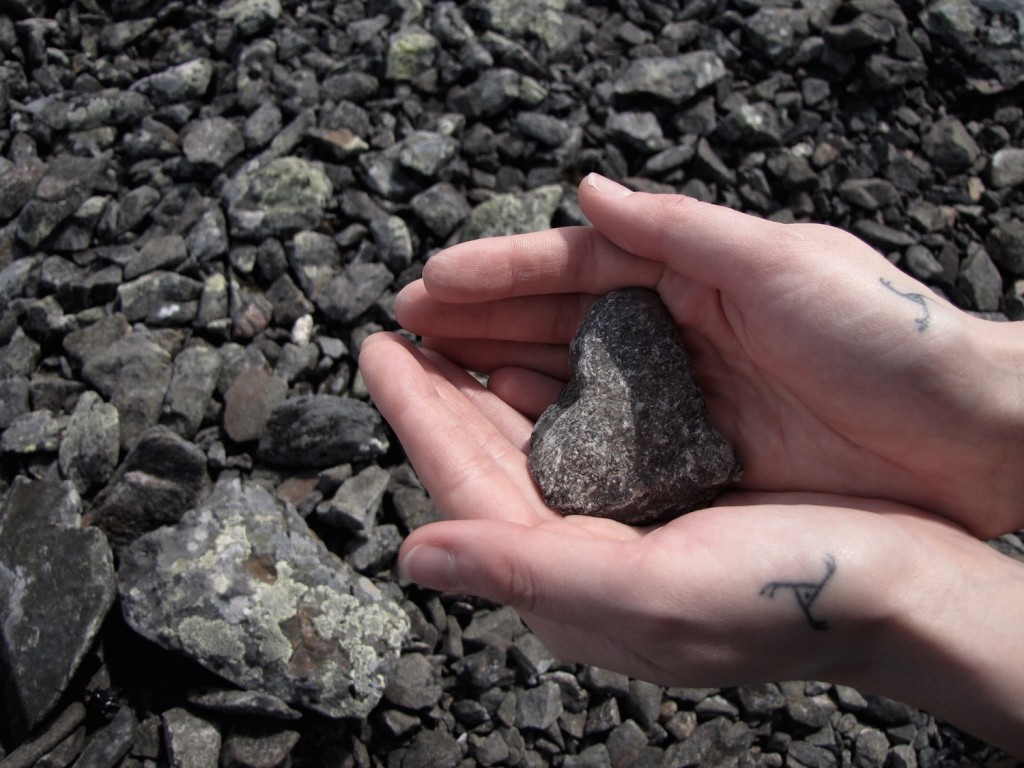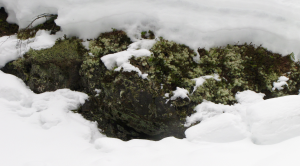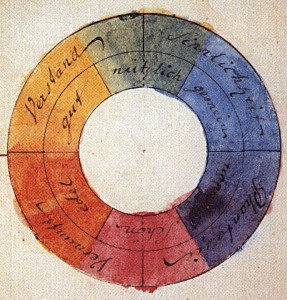We have again interviewed our international members. The following questions were asked:
1. When or how did you begin to consider yourself a Satanist?
2. Has the membership changed you as a person? How?
3. As the majority in the fraternity are Finns, and the brotherhood was founded in Finland, do you feel like this poses challenges for you as a member?
***
Male, member for 4 years
- Actually, I guess I found myself identifying more as a Satanist some time after I joined the Star of Azazel. I initially identified with a more general Left Hand Path perspective – of which Satanism could be described as a more focussed strain – before I was attracted to the Satanic and/or Luciferian archetypes presented by various authors, of whom Jung is probably the most important, at least in terms of my self-identification.
-
It’s difficult to say directly. Reading Fosforos certainly had an effect on my personality, as did talking to various members. However, I think it was approximately six months after I first read Fosforos and joined the forums that I formally joined the Star of Azazel. Although this might initially sound like a negative reaction, I became increasingly dissatisfied with various aspects of my life during this time. However – without boring anyone with details – while membership of the Star of Azazel was a significant contributor to this realisation, it was also a significant contributor to the subsequent impulse to actively remedy it.3. No, not really. Pretty much every Finnish member I’ve talked to has spoken excellent English, despite fervant protestations to the contrary. As someone who isn’t so much of a social person, physically meeting people isn’t so important to me, although it’s of course nice when it happens.
Male, member for 3 years
- Even with the benefit of hindsight, it is hard to identify any particular or singular moment that I first began to identify myself as a Satanist. I was raised from birth in a relatively strong Catholic environment, which despite being aesthetically interested in, I knew from a very early age to encompass an experience and understanding of the spirit that I could not relate to. I was lucky enough to develop a very close and kinetic relationship with my step Grandfather from a young age, who spent many an informative year walking with me in nature, where I believe his heart truly belongs. There was something incredibly special for me in those moments, and I understood then what I can now identify as there being something very holy within nature as a result of my luck in that exposure. This very pure experience connected me to the spirit and a sense of honesty and meaning, which the world of the church and the environment within which I group up did not. I naturally therefore gravitated to finding the Devil, which then found me in all my interests and leanings to follow.
As I grew older and experienced life as a teenager, I had a very polarised view of the world. I was always on the fringe of whatever environment I found myself in, and was very much isolated and opposite to most of what I found around me. This harboured a natural relationship with the adversary, and a lot of my experiences and feelings during my teenage years in particular led me to know and accept the darker, more challenging sides of life.
The first time I tangibly considered and ‘labelled’ myself a Satanist was during my mid teenage years. Although at the time this was possibly a little idealistic and was with little or no understanding of exactly what that meant, it was an incredibly important moment for me, which I remember well.
2. Absolutely; exponentially, and it continues to do so in a dynamic and evolving way. My part within the Star of Azazel has vivified my work, and has contributed significantly to a greater understanding of myself, and thus of my work and place within it. It has given me a sense of courage and confidence to not only ask but also seek out the questions at ones core, as well as an acceptance of these. This courage and confidence, so to speak, is an inner as well as an outer one, and I believe it to be a visible change externally, as well as an internal one.
3. Before applying for membership to the Star of Azazel, this was among my primary concerns and considerations, making me reluctant to apply for quite some time. However, since being accepted and joining the Star of Azazel, the welcome and patience has been flawless.
That said, being a non-Finn has and does pose personal challenges, but I have not experienced these as negative, and they do certainly not come as a result of the brotherhood itself. Rather, the challenges come with how willing one is to adapt and integrate themselves into something which seeks unity far beyond geographic and national difference.
Perhaps it inhibits the more social and personal opportunities that some may seek. However, with that said, although I didn’t initially seek it, some of the relationships that I have developed with members of the brotherhood are the most honest, open and meaningful that I could ever have imagined having in my life. My work is also far deeper and meaningful than it ever was before.
In truth, the majority of Finns speak English with far more finesse and vernacular than the majority of natively English speaking people do, so the language barrier is minimal.
The challenges really come down to how open one is prepared to be, and the brotherhood accommodates a relationship of both a close and distant tendency.
Male, member for 2,5 years
- I found a connection to Satanism quite early in my occult studies, which back then mostly where antagonistic in character. I have been an angry young man, who felt that something was deeply wrong with the world; as such, I did not really see any value in worldviews that saw the good and positive in Life, but delved over time deeper and deeper into the darker side of occult philosophy.In a sense, I began to consider myself a Satanist rather early, even though the schools I studied didn’t feel like they’d reflect my reason to do so. If ever anyone would have asked me back then, why I would do so, or what Satan actually means to me, I probably couldn’t even have given an adequate answer; there was something that I learned to call Satan, but I could not point my finger at it. Only later in Life things got more concrete, and the character of what I called Satan became visible. I believe that in a sense, the actual being behind such name was hidden behind what we call his mask; the essence always managed to slip my grasp. It was not before certain experiences that I slowly began to see concretely what had interested me for so long; experiences opposite to those I underwent before, which began to loosen old forms in thought and practice.By heart, I am a satanist; but if at all, I most seldom openly referred to myself as one. This label is quite open for misunderstanding, I believe. Plus, as it is put so well in the Article “Why Satan?” on our web page, the name may easily change, and is as such not as important to me as that which hides behind.
- Definitively. The contact and exchange with like-minded, wonderful people has, in a way, taught me to accept and trust myself more than before. It has helped me personally a lot to see that no matter what ideas I have in mind, it is likely that there is someone who can understand, relate or put his or her possibly even contrary position to discussion. Likewise, this increased my acceptance of others, their views and their lives. Another important change I see in the emphasis of honesty that I won over time, both in relation to myself and others. If one works together with people or even just one’s self esoterically, I believe honesty is crucial. The philosophy the Star of Azazel represents surely had its part in these changes; the more time passed, the more it grew on me. Still, these points are in no wise restricted to the Fraternity or my membership, but reflect into my everyday life also. I quickly learned how various brethren underlined the importance of an holistic approach towards occultism, and discovered how good and important a point that actually is.
- Especially during the first year and a half I was indeed struggling a bit to find my connection to the Brotherhood. To me personally, it was somewhat difficult back then to feel like I truly belong to a group of people who I could not see so easily, which didn’t exactly made it easier to approach people online either. in times, I felt rather isolated and shied away from activity on the forum. In the worst times, I even considered quitting, unsure about what I could possibly contribute to the brotherhood. But the crux of all my doubts has always been the lack of a felt connection, and for me personally, practice did the trick. Even by simply establishing a prayer practice on a daily basis, I moved by heart closer and closer to the brotherhood. My doubts disappeared and I became more active. Needless to say that working together with the brethren increased the effect my participation in practice had on me. Actually meeting with other members has helped a lot as well; it took away the almost “romantic” notion of a brotherhood far, far away and made things more concrete. So, hoping to hereby answer the actual question: Yes, being an international member of a brotherhood rooted in Finland surely brought about its challenges. But, like most I encountered in life, they have been deeply rewarding.
To read the previous interview, visit vol. I

